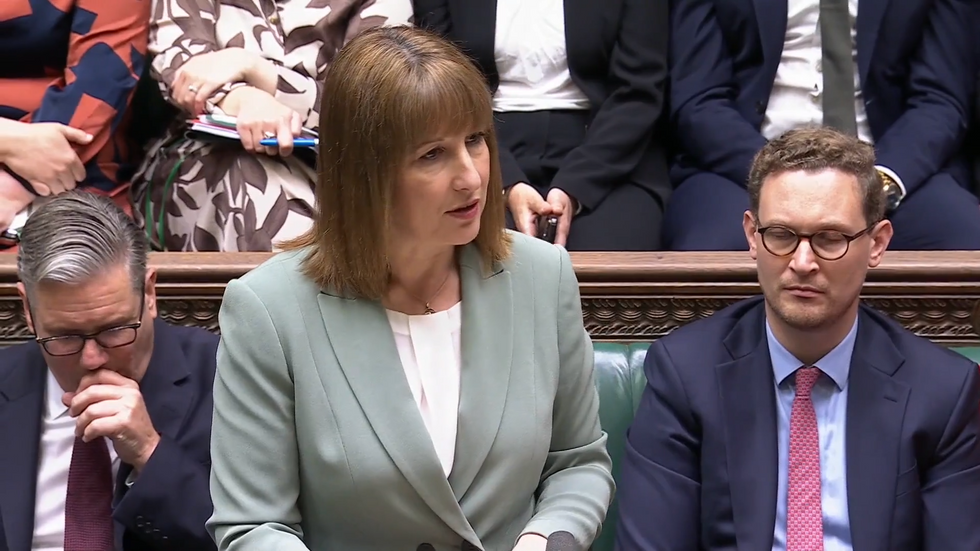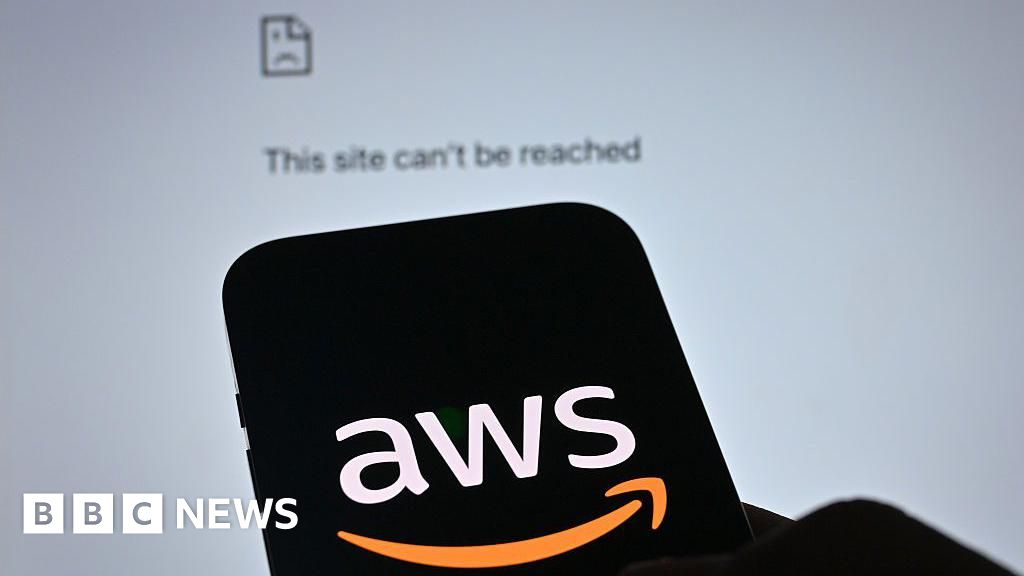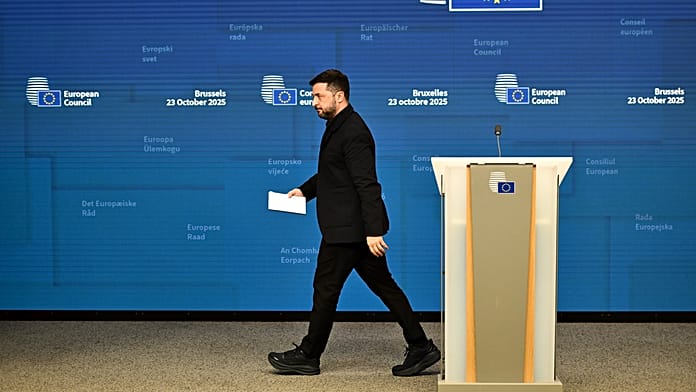Rachel Reeves under pressure as economy shows 'few signs of recovery' despite £40bn tax raid
Chancellor Rachel Reeves faces mounting pressure as Britain's economy displays minimal signs of improvement following her substantial tax increases last autumn.Industry data has shown that UK businesses have stayed pessimistic for ten months straight since the Chancellor announced £40billion in tax rises.According to the latest data from the Confederation of British Industry (CBI), business confidence has now been negative for ten months in a row. The CBI surveyed 900 UK firms and found growing concerns across the private sector. Bosses say they’re struggling with higher staff costs, soaring energy bills, and global economic uncertainty and many are now planning job cuts to cope.The last time businesses felt positive about their future was in August. Since then, each month has brought fresh pessimism, with companies expecting things to get worse, not better.That contradicts Labour leader Sir Keir Starmer’s claim that business sentiment is improving. He pointed to more upbeat findings from Lloyds Bank,but the CBI’s deeper dive into the business mood tells a different story.The report shows private sector output is falling faster than in previous quarters. Firms across all sectors expect activity to slow further. Key concerns include the recent tax hikes, delays to public sector contracts, and fears over possible new trade tariffs.Alpesh Paleja, the CBI's deputy chief economist said "The persistently negative outlook underlines the fragility of demand conditions.""With few signs of recovery on the horizon, firms are focused on managing costs and streamlining processes in what looks set to be a subdued second half of the year." He noted that companies remain focused on confronting challenges from increased staffing expenses, energy pricing and ongoing volatility in international markets.UK companies are planning job cuts in the months leading up to October as they tighten budgets and focus on running leaner operations. The latest CBI survey of 900 firms shows businesses are shifting from expansion to cost-cutting, warning of a tough end to the year.All parts of the private sector expect lower activity levels ahead. While prices in the services industry are still rising, the pace is slowing. That may catch the Bank of England’s eye, since services inflation is a key signal for future interest rate moves.The Bank is due to meet soon to decide whether to cut interest rates from 4.25 per cent to 4 per cent. But with some policymakers still cautious, a cut isn’t guaranteed. Any delay could add pressure on Rachel Reeves, who’s already facing criticism over her £40 billion tax hike and its impact on growth. A slower recovery risks limiting her options ahead of the autumn budget.Meanwhile, new data from investment firm IG shows defence stocks are seen as the strongest area for growth right now—beating out artificial intelligence. Their survey of 1,800 investors suggests many are shifting towards more traditional sectors in the face of global uncertainty.Analysts suggested that geopolitical tensions and government expenditure pledges position defence as a "more resilient growth story" than technology, potentially benefiting companies including BAE Systems, Rolls-Royce and Babcock.

Chancellor Rachel Reeves faces mounting pressure as Britain's economy displays minimal signs of improvement following her substantial tax increases last autumn.
Industry data has shown that UK businesses have stayed pessimistic for ten months straight since the Chancellor announced £40billion in tax rises.
According to the latest data from the Confederation of British Industry (CBI), business confidence has now been negative for ten months in a row.
The CBI surveyed 900 UK firms and found growing concerns across the private sector.
Bosses say they’re struggling with higher staff costs, soaring energy bills, and global economic uncertainty and many are now planning job cuts to cope.
The last time businesses felt positive about their future was in August. Since then, each month has brought fresh pessimism, with companies expecting things to get worse, not better.
That contradicts Labour leader Sir Keir Starmer’s claim that business sentiment is improving.
He pointed to more upbeat findings from Lloyds Bank,but the CBI’s deeper dive into the business mood tells a different story.

The report shows private sector output is falling faster than in previous quarters. Firms across all sectors expect activity to slow further.
Key concerns include the recent tax hikes, delays to public sector contracts, and fears over possible new trade tariffs.
Alpesh Paleja, the CBI's deputy chief economist said "The persistently negative outlook underlines the fragility of demand conditions."

"With few signs of recovery on the horizon, firms are focused on managing costs and streamlining processes in what looks set to be a subdued second half of the year."
He noted that companies remain focused on confronting challenges from increased staffing expenses, energy pricing and ongoing volatility in international markets.
UK companies are planning job cuts in the months leading up to October as they tighten budgets and focus on running leaner operations.
The latest CBI survey of 900 firms shows businesses are shifting from expansion to cost-cutting, warning of a tough end to the year.
All parts of the private sector expect lower activity levels ahead. While prices in the services industry are still rising, the pace is slowing. That may catch the Bank of England’s eye, since services inflation is a key signal for future interest rate moves.
The Bank is due to meet soon to decide whether to cut interest rates from 4.25 per cent to 4 per cent. But with some policymakers still cautious, a cut isn’t guaranteed.

Any delay could add pressure on Rachel Reeves, who’s already facing criticism over her £40 billion tax hike and its impact on growth. A slower recovery risks limiting her options ahead of the autumn budget.
Meanwhile, new data from investment firm IG shows defence stocks are seen as the strongest area for growth right now—beating out artificial intelligence. Their survey of 1,800 investors suggests many are shifting towards more traditional sectors in the face of global uncertainty.
Analysts suggested that geopolitical tensions and government expenditure pledges position defence as a "more resilient growth story" than technology, potentially benefiting companies including BAE Systems, Rolls-Royce and Babcock.







































